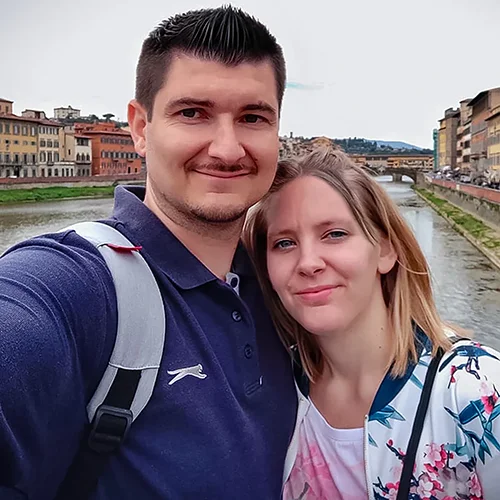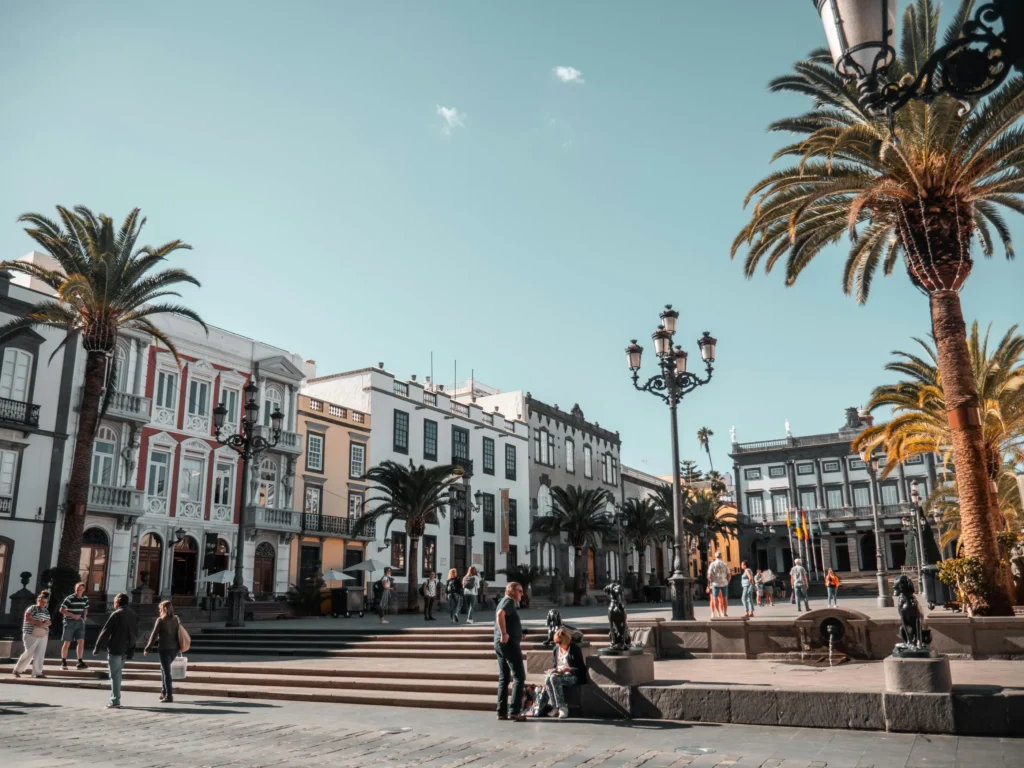House hunting in Spain
House hunting in Spain
House hunting in Spain
House hunting in Spain
19. November 2024
Feedback: 0
Sunshine, beaches, delicious food, and a relaxed lifestyle – sounds tempting, right? But before you pack your bags and move to this Mediterranean paradise, house hunting in Spain is the first big step to making your dream a reality. Don’t worry, we’re here to guide you through the essential steps to make your move to Spain a success.
Click here for our blog post: The most important questions before emigrating – perfect to give you an overview.
In this guide, we’ll walk you through everything you need to know about finding a home in Spain and how to secure your dream place.
Rent or Buy? The Big Decision
Renting
If you’re not planning to settle permanently or want to explore different regions, renting is your best bet. Major cities like Madrid, Barcelona, or Valencia offer a wide range of rental options. In tourist hotspots like the Costa Blanca, you’ll find furnished apartments perfect for short-term stays.
💡 Tip 💡
Rental prices vary greatly. While urban areas have seen price hikes in recent years, rural locations remain relatively affordable.
Buying
If you’re planning to stay long-term, buying a property might be more practical. Spain offers relatively affordable real estate compared to other European countries, especially outside the coastal or touristy areas. Keep in mind, though, that purchasing property comes with its share of bureaucratic hurdles. A local legal advisor is invaluable!
Where Should You Look?
When it comes to house hunting in Spain, there are several approaches, from online platforms to real estate agents and local searches.
Online Portals: The Modern Solution
Online platforms are one of the easiest ways to find a property in Spain. Here are some popular options:
◉ Idealista: One of the largest real estate platforms in Spain, offering both rentals and properties for sale.
◉ Fotocasa: Similar to Idealista, with a wide range of options across different price points and regions.
◉ Habitaclia: Particularly popular in Catalonia and the Balearic Islands but useful for other regions too.
◉ Milanuncios: A platform often used by private sellers. While you might find a bargain, exercise caution and thoroughly vet listings.
💡 Tip 💡
Local Facebook groups can also be a hidden gem for unique listings. Join, browse, and pounce on good deals. Use multiple platforms simultaneously to compare the best offers.
Real Estate Agents: Your Helping Hand
If online searching feels overwhelming, a real estate agent can simplify the process. For purchasing a property, working with an agent is often essential. For rentals, agents are helpful in challenging regions or if you don’t speak the language.
⚠️ Attention ⚠️
Agent fees for property purchases are usually 3–5% of the sale price and are typically covered by the seller.
Local Searches: The Classic Approach
In smaller towns or rural areas, exploring on foot is an excellent method. Keep an eye out for signs like “Se Alquila”(for rent) or “Se Vende” (for sale) on properties. This approach is great for finding authentic local options.
Important Things to Consider
House hunting in Spain is exciting, but don’t overlook these key points:
Rental Contracts
If you’re renting, carefully review the lease agreement. Typical contracts have a one-year minimum. Landlords often request two or three months’ rent upfront as a deposit. Ensure all terms are clearly outlined, including rent, utilities, and any maintenance responsibilities.
After the first year, you have the right to renew the lease annually for up to five years unless the landlord specifies otherwise.
NIE Number: Your Essential ID
To conduct official transactions in Spain, like buying property or opening a bank account, you’ll need a NIE number (Número de Identificación de Extranjero). You can apply for this at the Spanish consulate or in Spain.
Utilities
Water, electricity, and gas are often billed separately in Spain. Check if these costs are included in your rent or need to be paid separately.
Which Region Is Right for You?
Your choice of location depends on your lifestyle preferences. Here’s a quick breakdown:
◉ Valencia: A mix of city life and beach vibes. Valencia city is vibrant and modern, while coastal towns like Gandía or Dénia are more relaxed.
◉ Madrid: The cultural and economic hub of Spain. Always bustling but comes with higher rental prices.
◉ Andalusia: Perfect if you love warm weather. Cities like Seville or Málaga offer rich culture and mild winters.
◉ Catalonia: From cosmopolitan Barcelona to stunning Costa Brava beaches, Catalonia offers a mix of urban and coastal living.
Tips for Success
◉ Stay Persistent: The competition is tough. Check listings daily and act quickly.
◉ Be Patient: Your first apartment might not be perfect. Prepare for a bit of trial and error.
◉ Negotiate: Negotiating terms is common in Spain, especially for longer rentals.
Your Happy Ending
House hunting in Spain is like making paella: it takes time, the right ingredients, and a pinch of patience. But once you’re settled in your new home, with the sun on your face and a glass of Sangria in hand, you’ll know it was all worth it.
We hope these tips help you master your expat life even better! Do you have your own experiences or further recommendations on the topic of moving abroad? Feel free to leave us a comment! Share this post with others who could benefit from these tips, and stay tuned for more inspiration from life as an expat.
Your Steffi & Marius

Wir sind zwei deutsche Auswanderer und auf emigres-life nehmen wir Dich mit auf unsere Reise in ein neues Leben.
In unserem Projekt schwingt das Pendel meist in Richtung stressig oder chaotisch und weniger in Richtung tiefenentspannt.
Wenn du also wissen willst, in welches Fettnäpfchen wir als nächstes treten oder welche Hürden vor uns liegen und wie wir sie überwinden, dann bleib dran.
Nächster Blogpost
Ein glücklicher Hund und wie du es erkennen kannst.



 Pin it!
Pin it!

